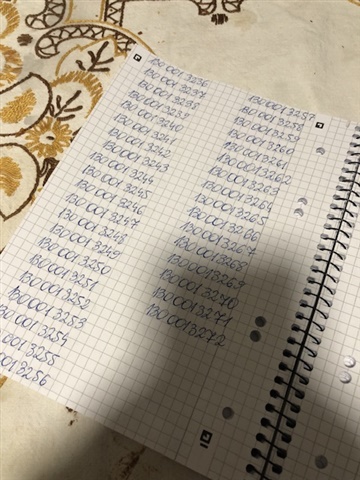I have both autism and ADHD and one of the biggest difficulties I have is trying to switch off.
I've tried so many different things. Mindfulness and similar just make me feel uncomfortable and I cannot visualise so I'm limited in that sense. It certainly doesn't empty my brain of thoughts. I've had CBT and I did all the things they suggested and that didn't work at all. I've tried writing all my thoughts down but that just triggers new thoughts. I've tried distracting myself but that's rarely enough.
The only time I feel like it goes away is if I'm truly in hyper focus but I cannot choose when I want to hyper focus, it just happens.
It is really starting to affect my mental health as I just have these constant thoughts (a lot of which are negative) looping round and round in my head all the time. I can't get peace and quiet, I'm not sure I even know what relaxed feels like and I don't ever get a break. A lot of my thoughts also centre around work. Not all of these are negative. Some of them are just about things that I need to do. I try writing myself a to-do list at the end of each day so I can bank those thoughts for the next day but it's not working. Which means I'm not really getting any time away from work mentally, although I am physically. It's exhausting and it's getting me down at the moment.
Any suggestions of things I've not mentioned?




